

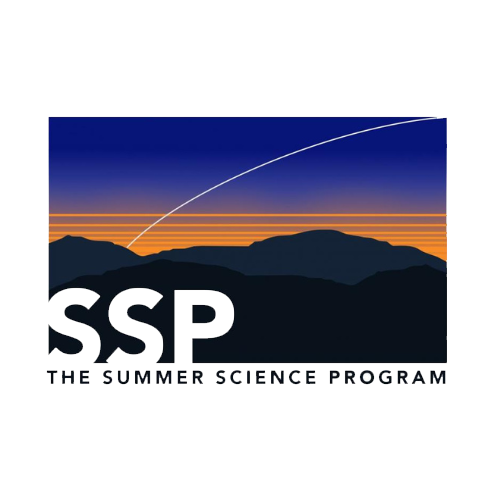


 Official Transcript
Official Transcript .svg) Written Answers
Written Answers  Online Application From
Online Application From  Standardized Test Scores *
Standardized Test Scores *
 Up to 3 Reccomendations *
Up to 3 Reccomendations *
 English Test *
English Test *



Application is closed

Immerse yourself in a fascinating, challenging research project in Biochemistry, learn about fungal inhibitor design and accelerate your academic and personal development to succeed in college and beyond.
 Non-credit
Non-credit
 Residential
Residential
 Accepts International Students
Accepts International Students
Fungal Inhibitor Design
research project for the Summer Science Program in Biochemistry
All life processes are driven by enzyme-catalyzed reactions, and all enzymes are linear chains of amino acids whose sequence arises from DNA. Understanding how a limited set of 20 building blocks can give rise to extraordinary 3-dimensional structural and chemical diversity is one of the “holy grails” of biochemistry. This problem is of great practical importance, because most drugs are enzyme inhibitors, whether for medical or agricultural applications. Hunger is one of the biggest threats to human health, and new chemicals are constantly needed to safely and effectively combat pathogens that infect crops worldwide.
Participants will learn the fundamentals of enzyme structure, function, and evolution. Each team of three will combine bench experiments and computer tools to characterize a member of an enzyme family that is implicated in crop infection by fungal pathogens – one which has never been modeled by anyone before. They will submit their enzyme model to a database available to other scientists. Then, they will design a molecule that might safely protect crops from that specific fungus, by binding to the enzyme and inhibiting its activity.
The project goes beyond even what is asked of undergraduates in an analytical lab course for biochem majors. It demands hypothesis-building based on integration of existing information, critical analysis and interpretation of novel experimental results, and application of the novel information to portions of the drug design pipeline. These highly practical aspects of modern biochemical research will train students how to intellectually approach a biochemical research problem.
Topics covered include:
• Biochemistry: affinity chromatography, gel electrophoresis, enzyme assays, kinetics, inhibition, drug screening
• Molecular Modeling: homology modeling, ligand docking, molecular dynamics simulations, inhibitor optimization
• Mathematics: rate equations, linear and non-linear curve fitting, biostatistics
• Bioinformatics: Sequence similarity searching, multiple sequence alignment, secondary structure and binding motif prediction
Participants use the Molecular Operating Environment (MOE), from Scientific Computing Group, to model their fungal enzyme and a small molecule inhibitor that will bind to it.
The program is hosted on 2 campuses:
• Purdue University
• Indiana University
On-campus, residential
Is SSP for You?
Imagine yourself …
• living and working in a close-knit community drawn from around the world, everyone just as interesting and motivated as you are, united by curiosity and exploration …
• immersing yourself in a fascinating, challenging research project …
• helping your teammates and being helped in turn, collaborating rather than competing …
• learning more and learning it faster than you ever thought possible, feeling intellectually challenged as you never have before…
The “SSP experience” accelerates your academic and personal development as you approach important life decisions. Afterwards you will really know whether a STEM major and career is your best path – or not. And you will gain practical skills, such as time management, that will help you succeed in college and beyond.
It is free to apply. There is a program fee, but generous need-based financial aid funded by our generous donors allows students from lower-income families to attend at a fee they can afford.
SSP is intense and challenging – material is presented at a pace faster than college courses, and the schedule is jam-packed – but every participant receives a high level of personal attention from the seven faculty, so no one is left behind. The spirit of cooperation is reinforced by the absence of grades or tests.
Applications are open each winter to current high school juniors and exceptional sophomores who have completed the pre-requisites, and will be at least 15 years old, but not yet 19, during program operation. Current freshmen and seniors are not eligible.
To meet the prerequisite, a course must be taken for credit and a grade, and completed by June. Self-study does not qualify. If you have not taken the required classes, you are not eligible to apply.
Coursework Prerequisites (completed or in progress):
• junior or sophomore - biology AND chemistry AND strong algebra skills
 Official Transcript
Official Transcript
.svg) Written Answers
Written Answers
 Online Application From
Online Application From
 Standardized Test Scores *
Standardized Test Scores *
 Up to 3 Reccomendations *
Up to 3 Reccomendations *
 English Test *
English Test *
• Main Application Form: your basic information (contact, school, family).
• Short Answers: Where we get to know YOU.
• Academic Records:
1. Transcript: official transcripts from your school (for 9th, 10th, and 11th grades, if applicable)
2. Standardized Test Scores: scores for any standardized tests you have taken (optional)
• Teacher Evaluations: 2 or 3 teacher evaluations. We must receive 2 evaluations, the third is optional.
International applicants:
• The application process for international applicants is the same as for U.S. citizens, but with an earlier deadline. An “international applicant” is one who:
1. is not a US citizen nor US green card holder (regardless of school location)
2. is a U.S. citizen attending school outside the U.S.
• If your transcript does not include your current coursework in progress, you must send that, including any grades received this school year. You may send that report directly to us by any method; it need not come from the school.
• If your transcript is in a language other than English, Spanish, or French, please have it translated by a school official or translation service.
• Test Scores
1. Your application can be complete without test scores; we do not require any standardized test such as the SAT or ACT. However, without them it will be harder for us to have high confidence in your preparation relative to other applicants.
2. SAT, ACT, and TOEFL scores are particularly helpful.
3. The form asks for “other” test scores. Only report science or math scores.
4. Include results from national or international competitions related to science or math, but not competitions local to your school or region.
• Visas
Most non-U.S. citizens will need a visa to enter the U.S. for SSP. In legal terms SSP is “pleasure” or “tourism,” not “studying” nor “business”. SSP is a non-credit enrichment program, like a summer camp. Therefore, we do not issue the I-20 form required to obtain an F-1 Student Visa. Whatever document(s) you would need to enter the US as a tourist (typically a B-2 Visitor’s Visa) will be sufficient. A foreign national already in the U.S. needs no additional paperwork to attend SSP.
Deadline
February 3, 2023 - Deadline for international applicants – all non-U.S. citizens and U.S. citizens attending school outside the U.S.
March 3, 2023 - Deadline for U.S. citizens and green card holders attending school in the U.S.
 Jun 11 - Jul 19
Jun 11 - Jul 19
 5 weeks
5 weeks
There is no fee to apply to SSP.
The program fee is scaled to what each family can afford. No one pays more than the program fee of $8,400 (2023), our cost per participant to operate the program. Whatever fee is paid, it is all-inclusive, covering room & board, tuition, supplies, and local transportation.
Financial Aid
The Summer Science Program is an independent nonprofit, uniquely governed by its own alumni and faculty. They donate to keep this life-changing experience financially accessible.
Thanks to them, we can guarantee need-blind admissions and an aid grant sufficient to meet 100% of demonstrated needs, including U.S. round-trip airfare or $500 toward international airfare. When evaluating financial needs, we take into account all relevant circumstances, including a number of dependents and unusual costs.
An applicant with family income:
under about $70,000 will likely qualify for a fully discounted fee (SSP is free) and travel expenses
under about $130,000 will likely qualify for a partially discounted fee over $130,000 may qualify for a partially discounted fee, depending on individual circumstances.



 Official Transcript
Official Transcript
.svg) Written Answers
Written Answers
 Online Application From
Online Application From
 Standardized Test Scores *
Standardized Test Scores *
 Up to 3 Reccomendations *
Up to 3 Reccomendations *
 English Test *
English Test *



Application is closed

Useful Resources






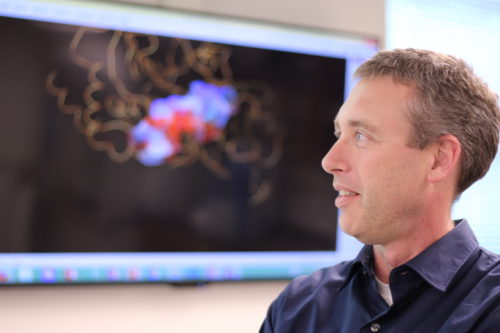
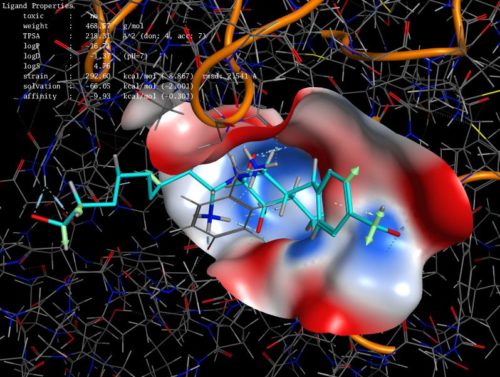

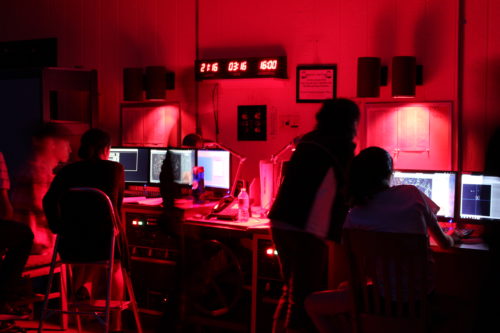
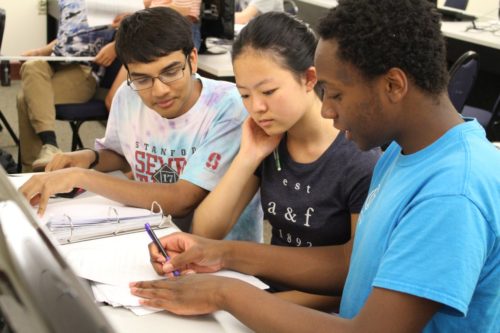
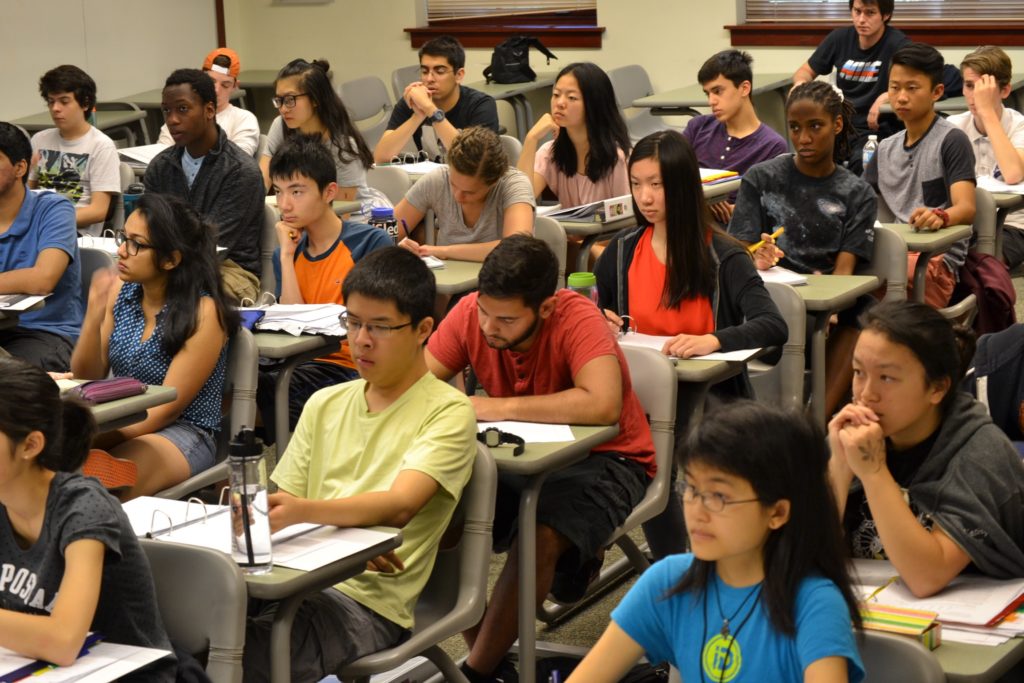




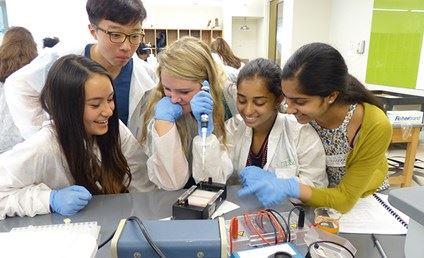

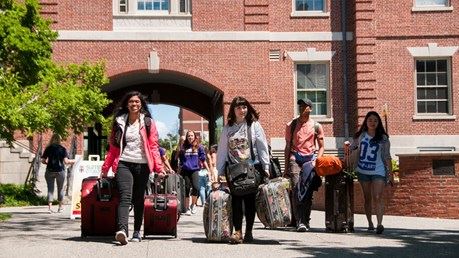
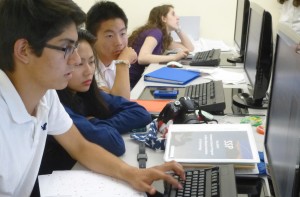

Tell us your
opinion about us